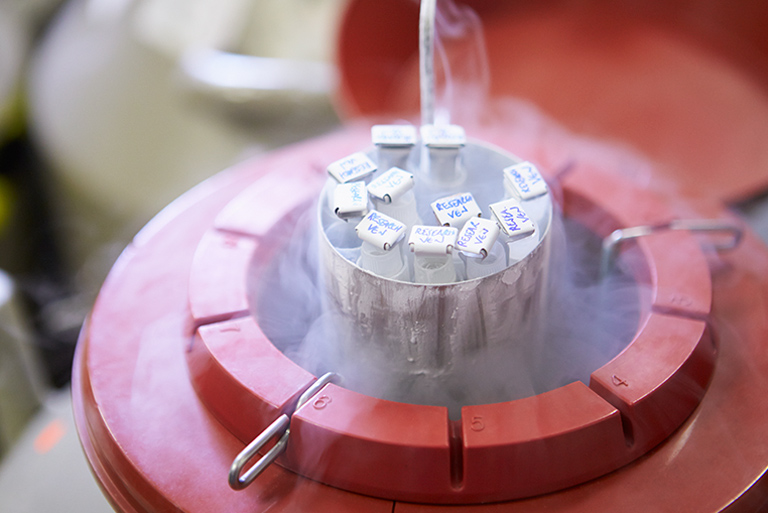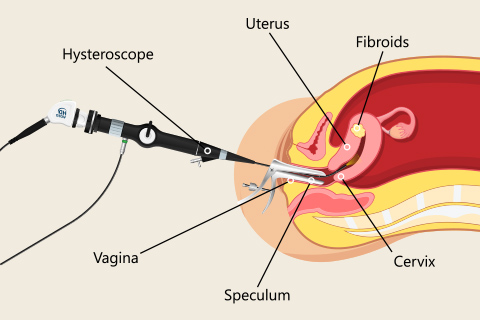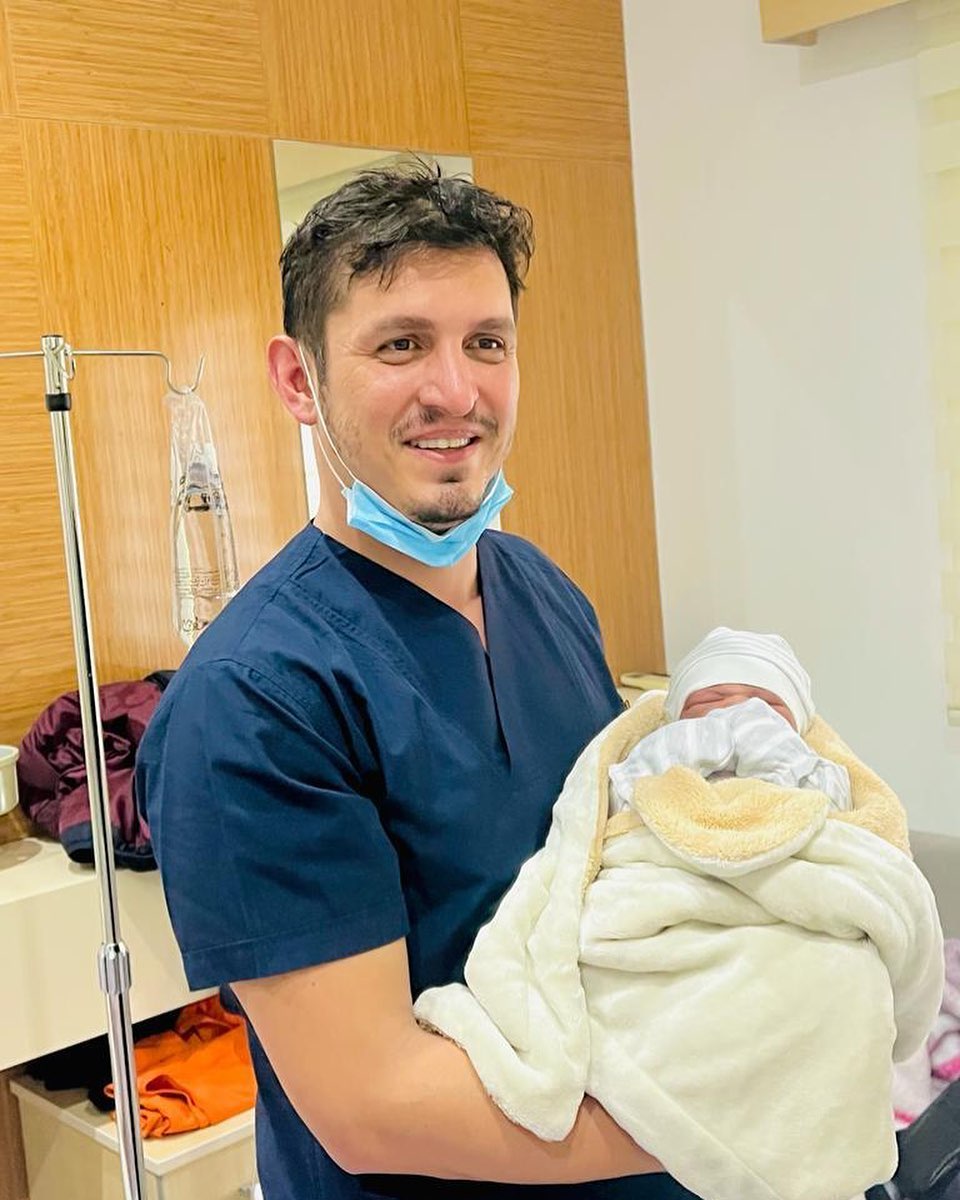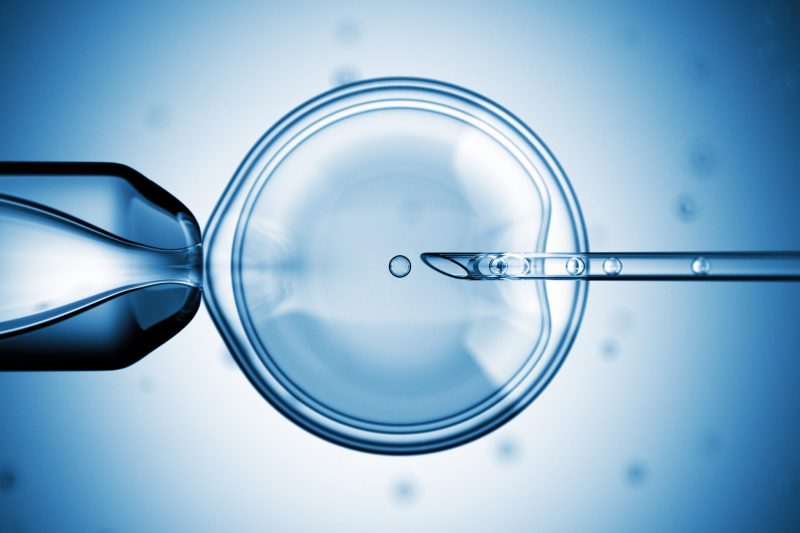Why Cyprus and Dr. Halil Ibrahim Tekin’s Clinic are Ideal Choices for IVF Treatments
Embarking on the journey of fertility treatment can be a challenging and emotional experience. While there are many excellent IVF clinics around the world, Cyprus has become a popular destination for individuals and couples seeking high-quality IVF treatments. Among the renowned medical professionals in this field, Dr. Halil Ibrahim Tekin’s clinic, Cyprus Crown IVF, stands out as a top choice for various reasons, making it an ideal destination for those in need of IVF treatments.
1. A Pioneering History
Cyprus has a rich history in the field of IVF, with the first IVF clinics established in the country many years ago. Dr. Halil Ibrahim Tekin has been a significant figure in this history, with a long-standing and esteemed career as a leading fertility specialist. With decades of experience, Dr. Tekin’s expertise and dedication to the field make him a trustworthy choice for IVF treatments.
2. Expertise and Experience
Dr. Halil Ibrahim Tekin is not just a well-known name in the IVF field; he is also an expert in the practice. His vast experience and knowledge have earned him a reputation for successfully helping countless patients achieve their dream of parenthood. His clinic, Cyprus Crown IVF, is a testament to his commitment to providing the highest quality care to his patients.
3. State-of-the-Art Facilities
Cyprus Crown IVF is equipped with state-of-the-art facilities, ensuring that patients receive the most advanced and effective treatments available. The clinic’s commitment to using the latest technology and methodologies in IVF ensures that patients have access to the best possible care.
4. Supportive and Compassionate Care
Dr. Halil Ibrahim Tekin and his team understand the emotional and physical challenges that come with IVF treatments. They are dedicated to providing compassionate and supportive care to all their patients. From the moment you walk through the clinic’s doors, you’ll feel welcomed and understood.
5. Discounts for Multiple IVF Attempts
Cyprus Crown IVF understands that IVF treatments can be a significant financial commitment. Depending on the season and individual circumstances, the clinic may offer discounts for second and third attempts at IVF. This commitment to affordability and accessibility underscores their dedication to helping patients achieve their dreams of parenthood.
6. Informative Video with English Captions
For those interested in learning more about Cyprus CRown IVF and the services offered by Dr. Halil Ibrahim Tekin, a valuable resource is available on their YouTube channel. You can watch an informative video about the clinic, which is accessible with English captions, by clicking here. This video provides an in-depth look at the clinic’s facilities, the expertise of the medical team, and the supportive environment they provide for patients.
In conclusion, Cyprus is an excellent choice for IVF treatments due to its pioneering history in the field and the exceptional expertise of doctors like Dr. Halil Ibrahim Tekin. Choosing Cyprus Crown IVF for your IVF journey means access to cutting-edge technology, compassionate care, and the possibility of discounts for multiple IVF attempts. Watch their informative video with English captions to gain a deeper understanding of what makes Cyprus and Dr. Tekin’s clinic an ideal choice for those seeking fertility treatments. Your path to parenthood is in caring and capable hands.









